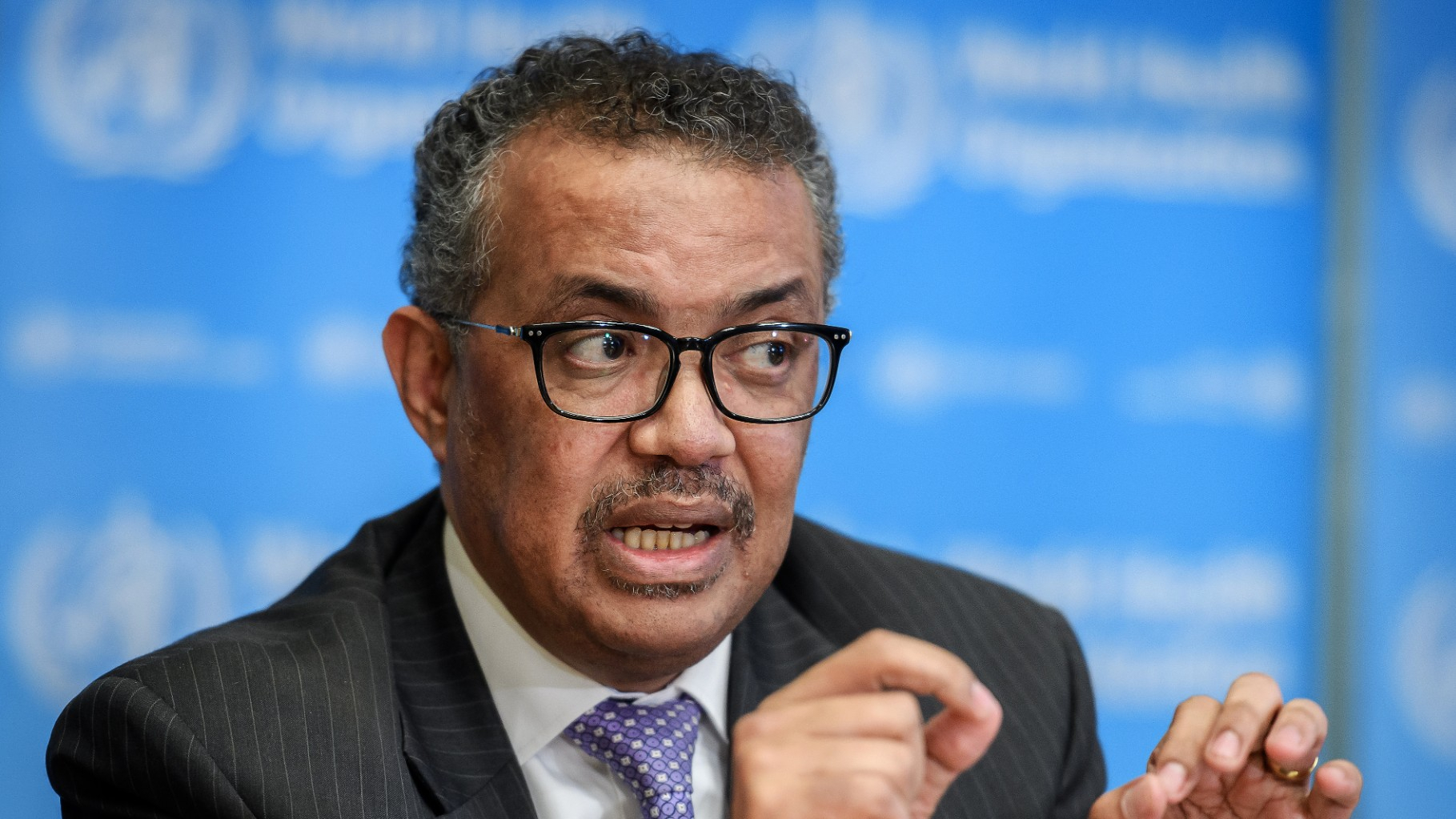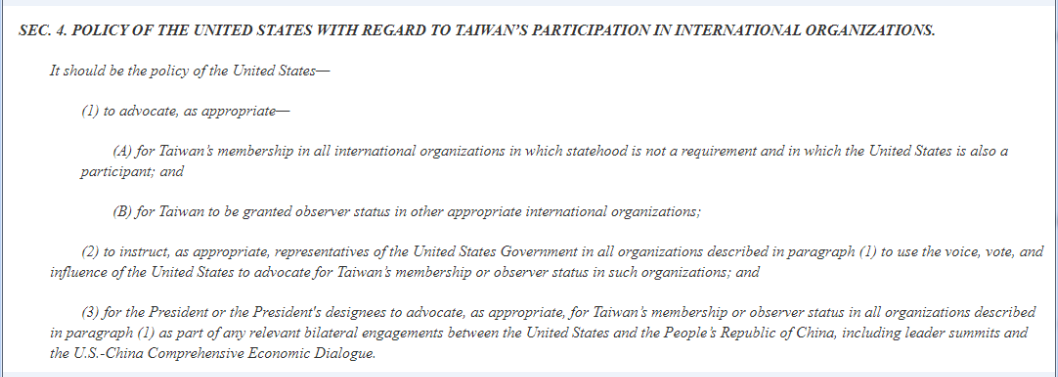
Tedros Adhanom Ghebreyesus, director-general of the WHO, has called on countries to come together to fight COVID-19. /AFP
Tedros Adhanom Ghebreyesus, director-general of the WHO, has called on countries to come together to fight COVID-19. /AFP
Editor's note: Andrew Korybko is a Moscow-based American political analyst. The article reflects the author's opinions, and not necessarily the views of CGTN.
The U.S. and Taiwan are coordinating their attacks against the World Health Organization (WHO) as part of a joint plot against China.
The renegade Chinese province wants recognition from the United Nation (UN) body in order to advance its self-interested political goals vis-a-vis the country's legitimate government, which also aligns with American strategic objectives.
It'll be argued in this analysis that both parties are carrying out a pre-planned provocation against China and that their simultaneous attacks against the WHO aren't coincidental.
The New York Times, one of the most globally recognized Western media outlets, is propagating the information warfare narrative that Taipei is supposedly competing with Beijing over their handling of the COVID-19 pandemic.
The article "Coronavirus crisis offers Taiwan a chance to push back against China" claims that its lower rate of infection suggests that the island's political model is superior to the mainland's and that its comparatively minuscule medical aid abroad is improving its soft power.
Those arguments are factually inaccurate and deserve to be debunked before explaining how that piece ties in with the joint American-Taiwanese plot against the WHO.
Taiwan's political system is similar to the U.S.', which has a much higher rate of infection than Chinese mainland, though the New York Times would never claim that China's system is superior to America's.
In addition, the Chinese mainland has provided much more medical aid to the world than Taiwan has, which has endeared more people to it than to Taipei, though the outlet is loath to admit that.
It's clear that the New York Times has a political agenda in publishing that article, which becomes all the more apparent when it wrote about how Taiwan is making a push to be recognized by the WHO.
The island's renegade authorities and their American patrons both want that to happen, to which end they're coordinating a pressure campaign against the global body.
Keen observers will note that they started criticizing the WHO around the same time, and there's a convincing reason why they waited until late March to do so.
Taiwan began the information warfare offensive at the end of last month by publishing an email that it sent to the WHO on December 31, 2019, asking for clarification about whether COVID-19 could be transmitted between people.
U.S. state department spokeswoman Morgan Ortagus also tweeted about the report, after which Trump started repeating Taiwan's innuendo a few weeks ago that the WHO supposedly ignored it due to pressure from China, implying that the organization is responsible for the deaths that followed.
Director-general of the WHO Tedros Adhanom Ghebreyesus said that Taiwan wasn't the first to ask for such clarification and that the first report about this disease came from the Chinese authorities in Wuhan, though those pivotal points have been ignored by American officials.
The reason for this is the "Taiwan Allies International Protection and Enhancement Initiative (TAIPEI) Act of 2019" that was signed by President Trump a few days after Taiwan publicly made its provocative claims.

Screenshot of "TAIPEI Act of 2019" signed by U.S. President Donald Trump says that "It should be the policy of the U.S. - to advocate, as appropriate - for Taiwan's membership in all international organizations in which statehood is not a requirement and in which the U.S. is also a participant."
Screenshot of "TAIPEI Act of 2019" signed by U.S. President Donald Trump says that "It should be the policy of the U.S. - to advocate, as appropriate - for Taiwan's membership in all international organizations in which statehood is not a requirement and in which the U.S. is also a participant."
That law literally mandates that "It should be the policy of the United States - to advocate, as appropriate - for Taiwan's membership in all international organizations in which statehood is not a requirement and in which the United States is also a participant" and "for the President or the President's designees to advocate, as appropriate, for Taiwan's membership or observer status in all organizations described", among other stipulations. In other words, the U.S. now has a policy of improving Taiwan's official standing in the WHO.
This raises questions about their criticisms of the organization, thus furthering the case that they're really part of the aforementioned campaign of pressure aimed at compelling it to grant greater recognition to Taiwan, which is being wrongly portrayed as "sounding the alarm" about COVID-19's human-to-human transmission and therefore supposedly "deserving" a formal role in the organization.
Considering this, the U.S. and Taiwan's timed attacks against the WHO aren't coincidental, but point to a preplanned plot against China.
(If you want to contribute and have specific expertise, please contact us at opinions@cgtn.com.)